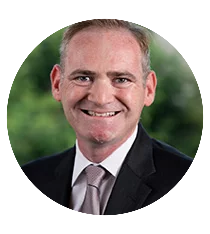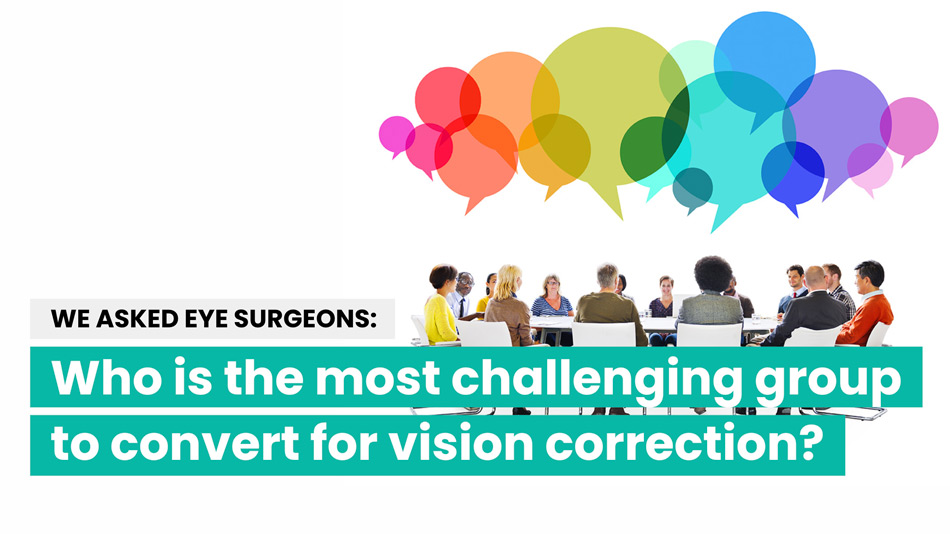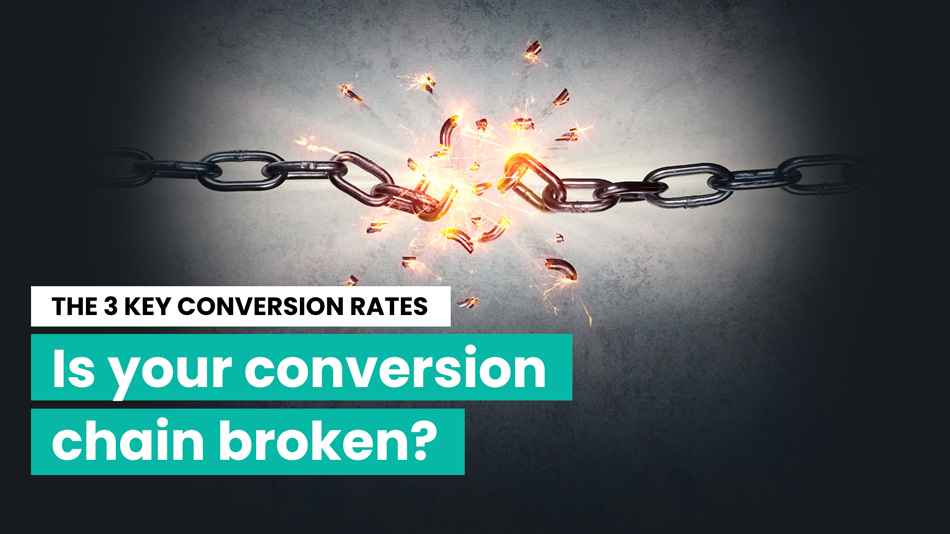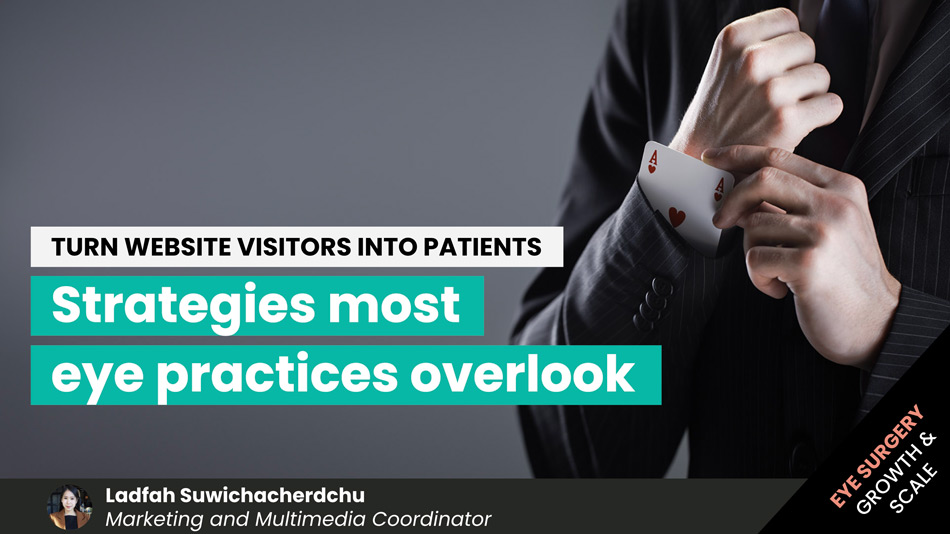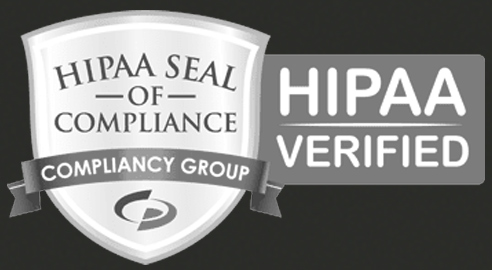Calming yourself in stressful situations like objections
You have a better chance of successfully overcoming objections if you stay calm and relaxed when encountering them. The steps involved in overcoming objections are not difficult to remember or execute, but any system or protocol will escape your grasp if you allow panic to take over.
So what can you do? Staying calm during any sales interaction will help support a more serene state during objections. Your mind and body’s response to stress however, is influenced by many factors that you probably haven’t considered.
Learn how to breathe
Most of us don’t know how to breathe properly. As a trainer required to deliver up to 8 consecutive hours of training in a one day, I have learned to control my breathing so that I feel less tired at the end of the day.
Breathe slowly, use your diaphragm (the muscles just above your stomach and just below the rib cage) as opposed to your chest. Breathing with your diaphragm will help you stay relaxed by taking in as much oxygen as possible and allowing it convert into carbon dioxide through the ducts in the lungs. Learn more about how to breathe properly.
Get up and stand
While seated, relax your shoulders by slowly rolling them back three or four times, using as much range of motion as you can. Once you’ve done that, roll them forward. This is easy to do while you’re on the phone. If your job is primarily sedentary, get up every 30 minutes and move your body. Stand up, walk around, and go have some water or herbal tea to stay hydrated. There is evidence to suggest that we should all be standing at work, instead of sitting:
“Prolonged sitting time (as a specific instance of sedentary behaviour), independent of physical activity, has emerged as a risk factor for various negative health outcomes. Study results have demonstrated associations of prolonged sitting time with premature mortality); chronic diseases such as cardiovascular disease, diabetes, and cancer;; metabolic syndrome; and obesity. In contrast, breaks in prolonged sitting time have been correlated with beneficial metabolic profiles among adults, suggesting that frequent breaks in sedentary activity may explain lower health risk related to waist circumference, body mass index (BMI), triglyceride levels, and 2-hour plasma glucose levels.”
Avoid caffeine
Most UK workers drink tea and coffee all day long. I too enjoy a cup of tea in the morning and a cup of coffee in the afternoon – although I’ve started to lean towards decaf and I limit myself to two cups a day. If you find yourself over-responding to stress however, avoid stimulants containing caffeine (found in both tea, coffee, cocoa, chocolate, and soft drinks). While caffeine has several positive effects such as increasing energy and mental alertness, heavy use can cause symptoms such as anxiety and insomnia. Caffeine is physically addictive, and withdrawal symptoms can include headaches, fatigue, and irritability. Learn more about how caffeine drives up stress levels.
Avoid smoking
Nearly 13 million Britons (still!) smoke despite more than 100,000 deaths each year from lung cancer, heart disease and respiratory illness caused by cigarettes. Many smokers cite the relaxing benefits of a cigarette as one of the reasons they continue to smoke. A cigarette break does not relax you. Nicotine causes a spike in your heart rate and blood pressure making your heart work harder. The cigarette appears to relax you because the nicotine removes the uncomfortable withdrawal symptoms caused by smoking, and gives you a brief hit from the brain-reward chemical called dopamine. Because of this spike in heart rate and blood pressure, it’s difficult to achieve relaxation and stress relief of a nonsmoker.
Avoid sugar
The average Briton consumes 238 teaspoons of sugar a week. We are all eating way too much sugar, and among other things, it’s making us stressed.
The more uneven our blood sugar levels; the more uneven our moods – we get hungry, angry, depressed and upset and can’t think clearly. Eating something high in sugar can temporarily make you feel better. This soon gives way to a crash, when we feel panicky and wired. The more your blood sugar levels fluctuate, the more likely you are to react badly to life’s stresses. It’s also a vicious cycle: Cortisol (a hormone we release in response to stress) specifically increases our desire for comfort foods. Over several years, prolonged cortisol release leads to excessive intake of high-fat and high-sugar foods.
Refined sugar and processed foods release sugar into the body very quickly. And by the way… sugar is in nearly everything! Most of us are aware of the obvious high-sugar foods like cake, ice cream, jelly, biscuits, and soft drinks. There are extremely high sugar levels in canned and package fruit, pudding cups, muffins, cereal bars and healthy-sounding snacks, instant hot cereal, breakfast cereal, bottle pasta sauce, barbecue sauce, flavoured milk, juice and fruit drinks, vitamin and energy drinks, flavoured sugar, frozen breakfast foods, and frozen desserts. Learn more about foods that are surprisingly high in sugar.
Get at least 7 hours of sleep per night
One in every three British workers is chronically sleep-deprived. Sleep deprivation (less than 7 hours a night for most adults) slows your mental processes, leads to more mistakes, can lead to serious health problems, kills your sex drive, is depressing, ages your skin, makes you forgetful, makes you gain or keep excess weight, increases your risk of death, and impairs your judgement. Learn more surprising consequences of sleep deprivation.
Take real breaks – even naps!
If you’ve just completed a call that has caused you stress, find a moment and place to tune out a bit. It might be a change of scene, a little fresh air, a spot to sit comfortably with your eyes closed for a moment, or even lying down and napping.
Yes, naps! I am a huge proponent of naps in the workplace. The benefits of midday naps are well established – e.g. a 37% reduction in the risk of cardiovascular disease, cardiac failure and death. Many countries, such as Mexico, India, Italy, in Latin America and China, have traditions and policies that encourage workplace napping on breaks, yet the institutionalisation of office naps in the West lags far behind.
According to a 2009 Seidman Business Review article, napping increases worker productivity with relatively low-cost. I believe more companies should offer a nap room, where workers can take a needed 20-minute break in privacy and solitude, free of distractions and the judgemental eyes of those who don’t understand the benefits of napping. It’s not lazy, it’s healthy, and smart companies agree. Many companies now offer sleep pods for their employees. Proctor & Gamble and Google have installed ‘EnergyPods’, specifically designed for napping in the workplace.
Power naps of less than 30 minutes—even those as brief as 6 and 10 minutes—restore wakefulness and promote performance and learning. A University of Düsseldorf study found superior memory recall once a person had reached 6 minutes of sleep, suggesting that the onset of sleep may start active memory processes of consolidation which—once triggered—remains effective even if sleep is ended prematurely.
In summary, there are many, many reasons why you might be over-responding to stressful stimuli at work, reasons that have nothing to do with how well you have learned or practiced your job.
Related Posts
Meet our Co-Founders
We’re passionate about helping leaders of high-quality, growth-minded practice owners double their practice revenue

Rod Solar
Founder & Scalable Business Advisor
For over 20 years, I’ve helped ophthalmology entrepreneurs scale their private practices. I specialise in doubling revenue within three years by offering a proven framework, hands-on experience, and a team of experts who implement what works. We take the guesswork out of growth and scale, so you can focus on delivering exceptional patient care while maximising the value of your business.
LiveseySolar completely transformed the way we were approaching this… We’ve gone from having just the dream of having a practice to having a practice up and running with people making inquiries and booking for procedures… It’s extremely pleasing. We feel lucky we connected with LiveseySolar.
— Dr Matthew Russell, MBChB, FRANZCO, specialist ophthalmic surgeon and founder of VSON and OKKO

Laura Livesey
Founder & CEO
I’m the co-founder & CEO of LiveseySolar. I’ve developed powerful eye surgery marketing systems that increase patient volumes and profits for doctors, clinics, and hospitals, since 1997.
Rod and Laura know as much about marketing surgery to patients as I know about performing it. They are an expert in the field of laser eye surgery marketing. They know this industry inside out. I believe that they could help many companies in a variety of areas including marketing materials, sales training and marketing support for doctors.
— Prof. Dan Reinstein, MD MA FRSC DABO, founder of the London Vision Clinic, UK


